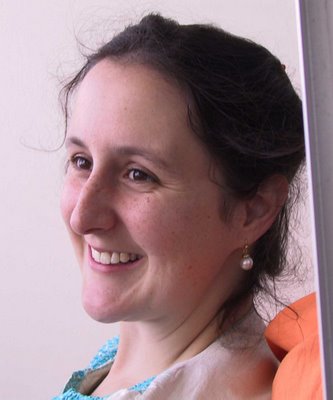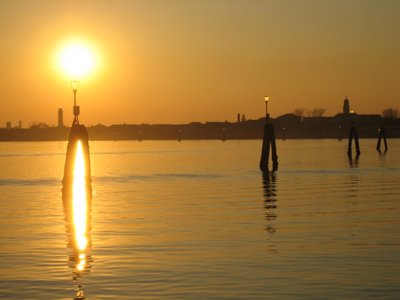Blessed be the name...
YHWH and the LORD: does God have a name?
 When you read the Bible, you might have noticed that in the Old Testament many versions put 'the LORD' at some points and 'the Lord' at others. Why is this?
When you read the Bible, you might have noticed that in the Old Testament many versions put 'the LORD' at some points and 'the Lord' at others. Why is this?
It is a deliberate choice made by the translators, and reflects a different Hebrew word behind each option. In fact, where it says 'LORD', the Hebrew has the name of Israel's God: 'Yahweh'. Since Hebrew used to be written without vowels, the name is actually written just 'Yhwh' (sometimes people write it like this: YHWH), and 'Yahweh' is a best-guess for how it might have been said.
However, sometime along the track,* pious Israelites, who read the ten commandments and so knew that they shouldn't take God's name in vain, decided that the best way to avoid committing this sin was to never say the name (Yhwh) aloud at all.* That way, they could be sure that they would never misuse it (I don't think this move is either necessary nor sufficient, but I respect their reverence). So, instead of saying 'Yahweh' (or however they used to pronounce it), they would substitute the Hebrew word 'Adonai' (which means 'lord'),* or sometimes* 'Hashem' (which just means 'the name').
* I've generalised a little for simplicity; see here for a fuller explanation.
In later centuries, when they started adding vowels to written Hebrew, instead of adding 'a' and 'e' to YHWH (so that it read 'Yahweh'), they added the vowels from 'Adonai' (i.e. 'a', 'o' and 'a') in order to remind themselves that when they came across this word, they should say 'Adonai' (with the vowels) rather than 'Yahweh' (reading the consonants).
Incidentally, this why some people speak about God’s name as ‘Jehovah’, but you won’t find it in any modern translation. Sometimes the Hebrew letter yod is transliterated with a ‘j’ rather than a ‘y’, and sometimes the Hebrew letter waw is transliterated with a ‘v’ rather than a ‘w’. Thus, YHWH becomes JHVH. Then, when you add in the vowels from 'Adonai', you get JeHoVaH! So ‘Jehovah’ is a made-up name, a mistake made by those who didn’t realise that the vowels had been substituted. It would be a little like taking the vowels from 'Jesus' and putting them into the word 'God' to end up with ‘Gedu’.
Next: what happens in the New Testament?
Ten points for picking which church door is pictured. Five more for which passage is quoted.























